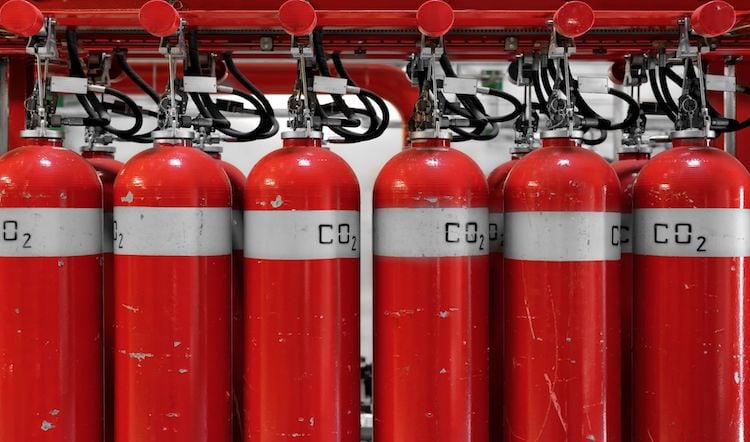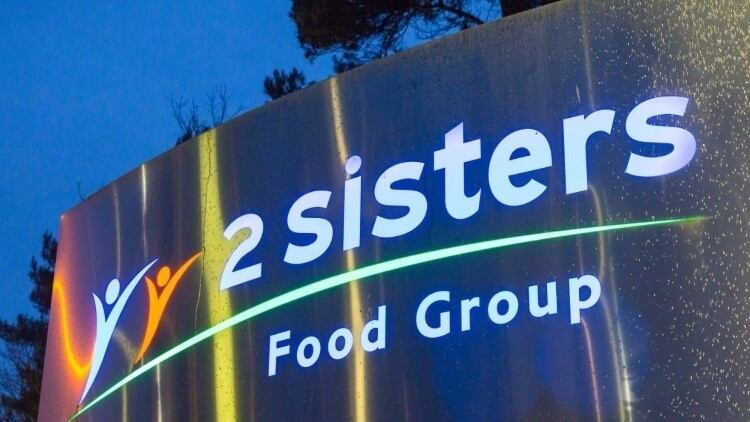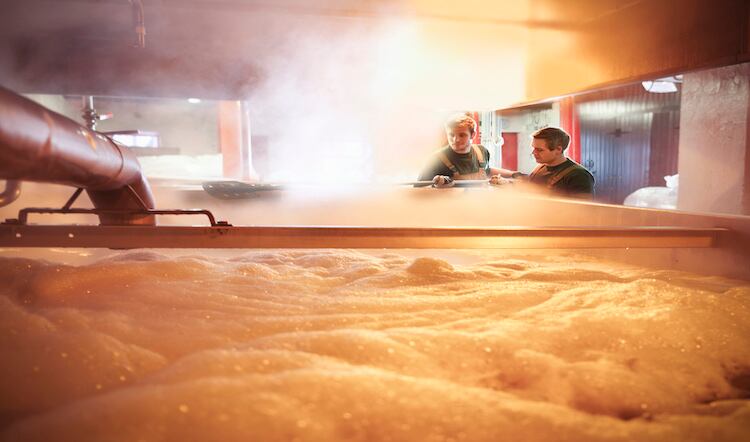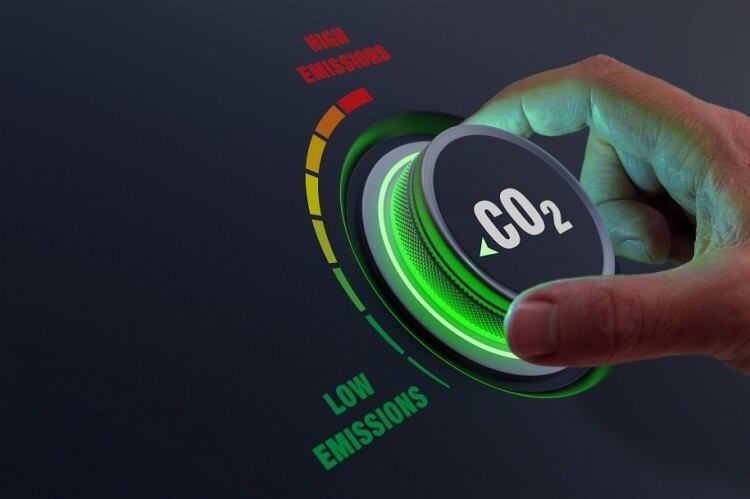The news comes as the country faces a critical CO2 crisis that threatens the security of the food and drink sector.
The crisis has come as CF Industries announced it was to temporarily close its ammonia production at its Billingham complex due to market conditions. The knock on impact is that CO2, which is a by product of the ammonia production process, will stop until the plant is restarted.
In light of the recent carbon dioxide shortage, Campden BRI has revealed it is looking for partners to help with new research that aims to investigate the potential of a selection of gas mixes with a view to reducing or replacing carbon dioxide (CO2) in the event of a third shortage.
Studies have been designed to provide information on the microbiological and sensory effects of the proposed mixes.
Fertiliser plant closure
Campden BRI microbiologist Greg Jones, who is leading the project, said: “In recent years, combinations of events beyond the control of industry or government have led to the closure of fertiliser plants that supply food-grade carbon dioxide.
He added: “Food products packaged in protective atmospheres, containing CO2, are at risk of a decrease in quality if there is another shortage”. He added, "Having readily available information on the effects of changing the gas mix would be beneficial for these businesses."
The scientists are looking for poultry producers and retailers to work with them on the project, so that they can undertake comprehensive testing of alternative modified atmosphere gas mixes.
Danica Hillson, technical director for UK Poultry at 2 Sisters Food Group, who is keen to be a part of the project, said: “As supply chain shocks are now more commonplace, 2 Sisters Food Group wants to build resilience by testing alternative gas mixes. The idea is to have a set of results that can be used to show the effect on the shelf-life of changing to an achievable gas mixture in a time of crisis.”
Risk
She added: “Having these results readily available will be extremely useful to demonstrate to our customers that although there may be a change to the shelf-life of the product, we know what that change is and can plan accordingly. This project will be invaluable for addressing the risk to our business posed by another carbon dioxide shortage.”
This research comes as Leeds-based CO2 Sustain has reminded carbonated drinks manufacturers that its patented additive can cut by 12% the amount of CO2 needed to add fizz during production, helping to mitigate the pressure on CO2 supplies.
CO2Sustain’s patented additive is a non-ionic surfactant comprising a dispersion of Polysorbate 65 in water.
John Story, managing director and technical director at CO2Sustain: “Our product lets fizzy-drinks manufacturers cut their CO2 needs by up to 12% – with no detriment to the taste experience. A litre of carbonated soft drink typically contains around 8 grams of CO2, but that can be cut by 1 gram per litre simply by adding our flavourless carbonation aid during production.”




